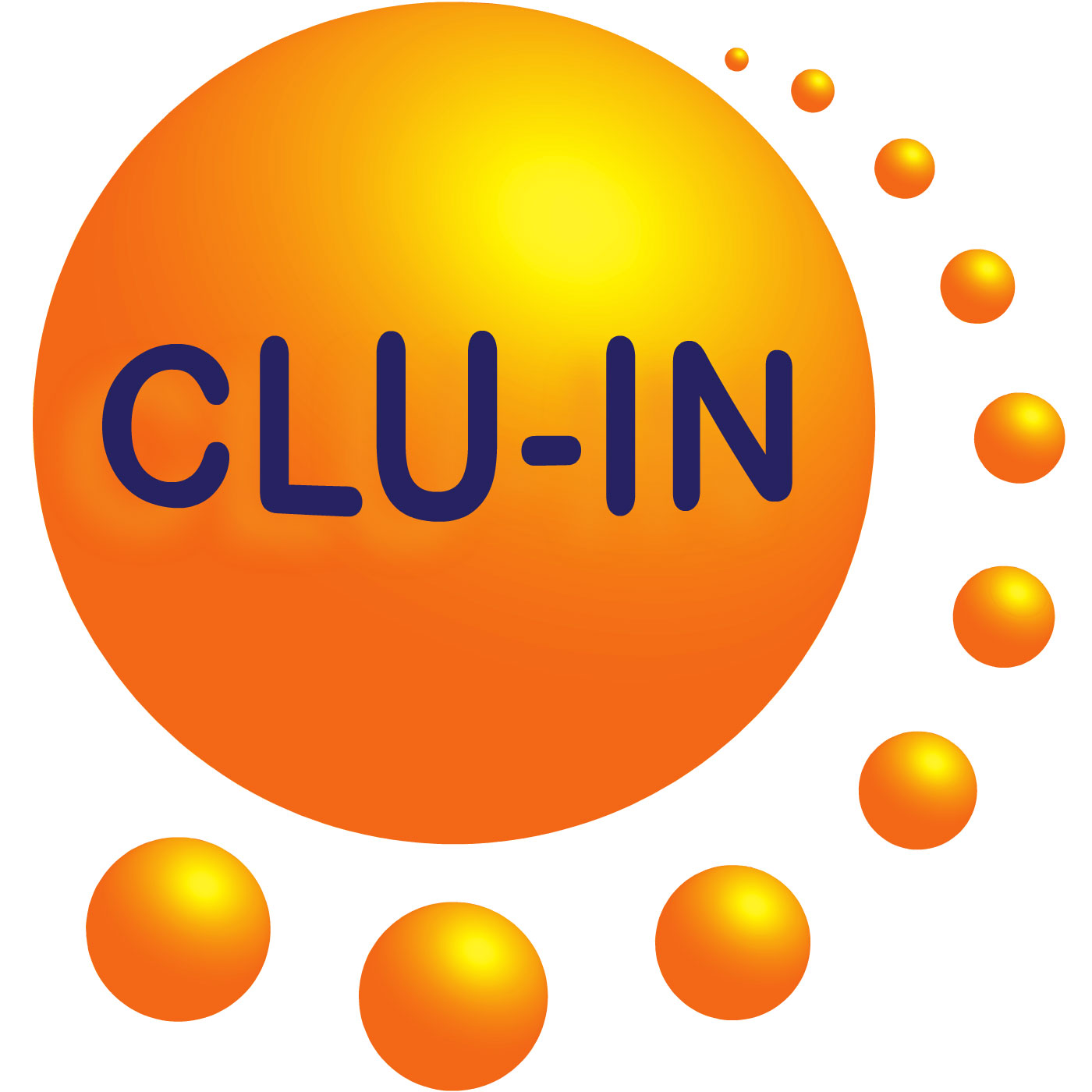Audio for "ITRC PFAS Beyond the Basics: PFAS Treatment Technologies Training," Jun 13, 2024
Description
This training class builds on the earlier information for treatment technologies presented in the PFAS 101 CLU-IN training. It provides more in-depth information regarding considerations for implementing integrated PFAS treatment technologies and remediation strategies. This training introduces the concept that achieving site remedial objectives will likely necessitate the implementation of multiple treatment technologies and remediation strategies (i.e., an integrated remedial strategy). Specifically, this training uses a hypothetical conceptual site model to frame the discussion of remedial approaches for PFAS impacted source area soil, source area groundwater, and more dilute groundwater plumes. The training concludes with a discussion of select field implemented and developing disposal and destructive technologies for managing treatment residuals.
Resources and further details for the topics included in this training are in the published PFAS-1 guidance document in Sections 12 and 15 along with referenced tables.
Learning Objectives:
What types of media, sources, and pathways might require intervention and treatment?How are field-implemented PFAS remediation technologies commonly applied?What developing technologies show promise for PFAS treatment?How may integrated remedial strategies be applied?What are the key considerations for applying field implemented and developing technologies? To view this archive online or download the slides associated with this seminar, please visit http://www.clu-in.org/conf/itrc/PFAS-BTB-Trtmnt_061324/
More Episodes
In response to one of the biggest emerging environmental concerns, ITRC formed the Microplastics Team in 2021 to develop the Microplastics Guidance Document. Plastics have become pervasive in modern life and are now used in a wide range of commercial and industrial applications. Microplastics...
Published 11/07/24
The NIEHS Superfund Research Program (SRP) is hosting a Risk e-Learning webinar series focused on using artificial intelligence (AI) and machine learning to advance environmental health research. The series will feature SRP-funded researchers, collaborators, and other subject-matter experts who...
Published 11/04/24


